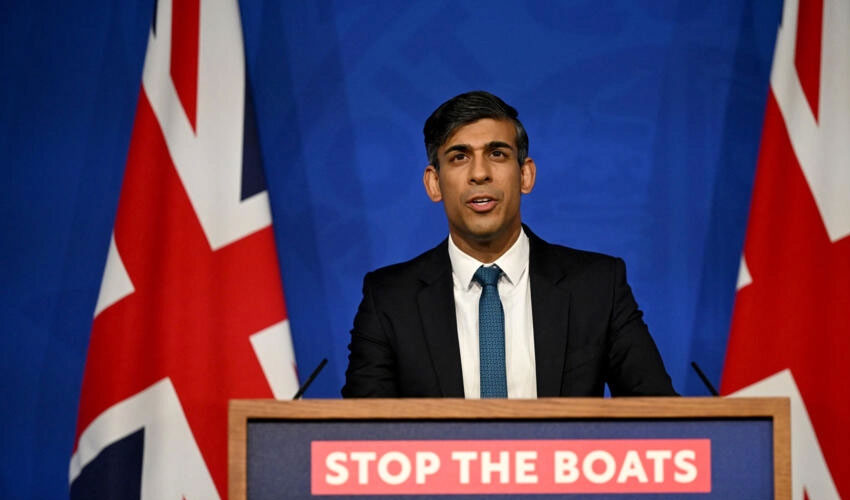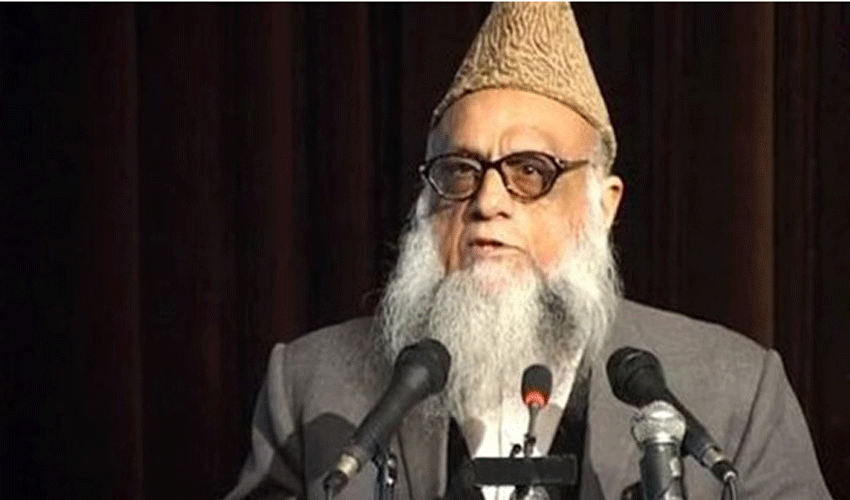Britain has unveiled a new definition of extremism in response to a surge in hate crimes targeting Jews and Muslims following the October 7 Hamas attacks on Israel. This move, however, has sparked criticism over concerns about potential encroachments on freedom of speech.
UK Prime Minister Rishi Sunak recently cautioned that Britain's multi-ethnic democracy is under threat from both Islamist and far-right extremists, emphasizing the need for more robust action to address the issue.
Antisemitic incidents surged by 147% in 2023 to unprecedented levels, fuelled by the October 7 attacks, according to the Community Security Trust, a Jewish safety watchdog. Similarly, Tell Mama, a group monitoring anti-Muslim incidents, reported a 335% increase in anti-Muslim hate crimes since the attacks.
Michael Gove, the communities minister overseeing the department responsible for the new definition, hailed the measures as essential for preventing the promotion of ideologies aimed at undermining democracy and denying fundamental rights.
The new definition describes extremism as the "promotion or advancement of an ideology based on violence, hatred or intolerance, that aims to:
- negate or destroy the fundamental rights and freedoms of others; or
- undermine, overturn or replace the UK's system of liberal parliamentary democracy and democratic rights; or
- intentionally create a permissive environment for others to achieve the results in (1) or (2)."
While Britain already prohibits groups involved in terrorism, the new definition expands the scope to include those promoting extremist ideologies. However, groups identified as extremist will not face criminal action but will be ineligible for government funding or engagement.
Gove highlighted concerns about recent large-scale pro-Palestinian marches in central London, suggesting some were organized by extremist organizations. Critics, including Archbishop of Canterbury Justin Welby, cautioned against the potential unintended consequences of the new definition, fearing it could stifle freedom of speech.
Meanwhile, more than 50 survivors or relatives of victims of Islamist attacks in Britain have expressed concerns about politicians equating being Muslim with being an extremist, warning against playing into the hands of militants.
The introduction of the new extremism definition underscores Britain's efforts to address rising hate crimes while navigating the delicate balance between security measures and preserving civil liberties.



























